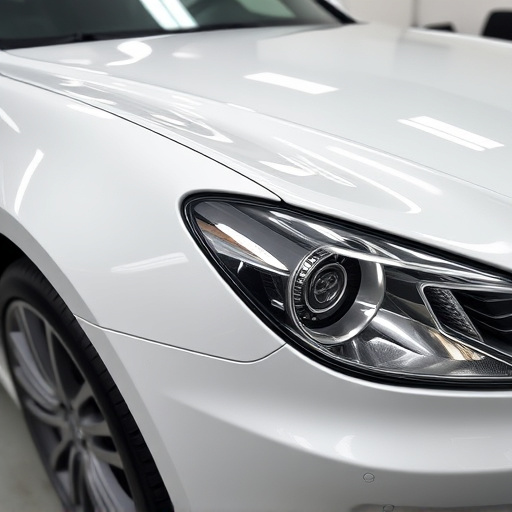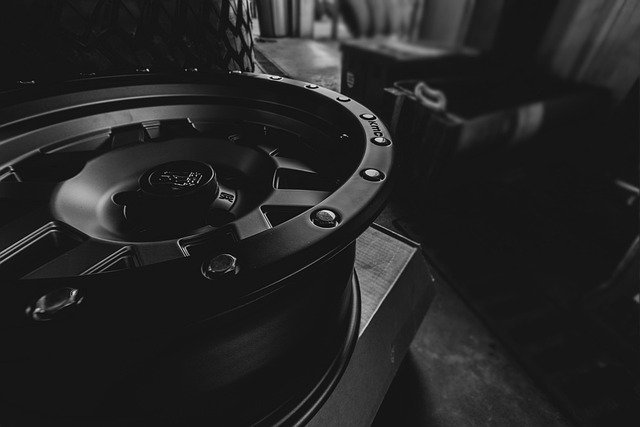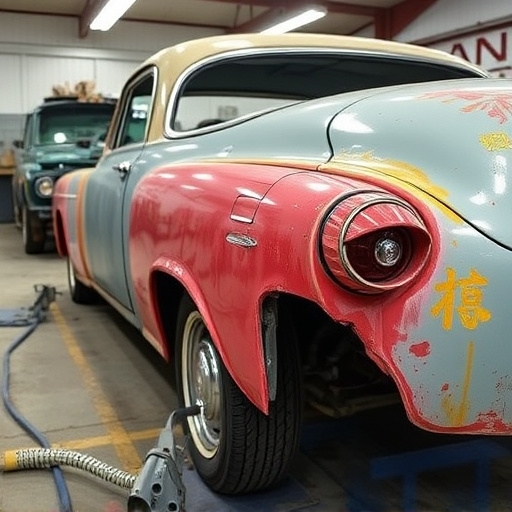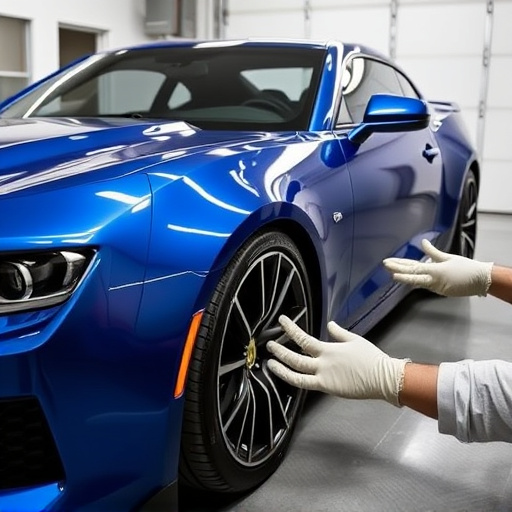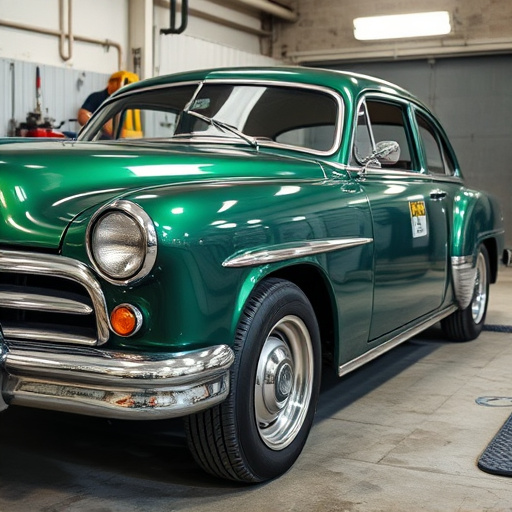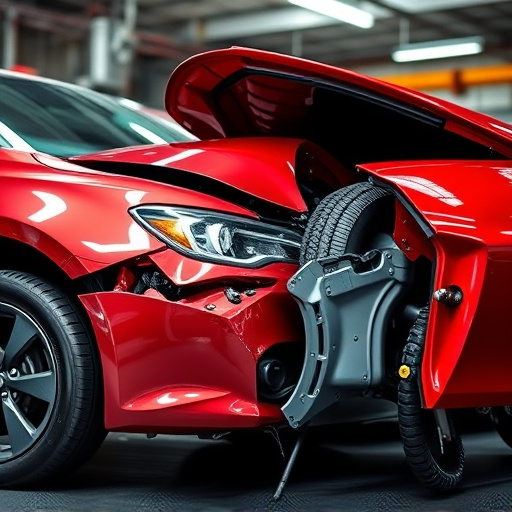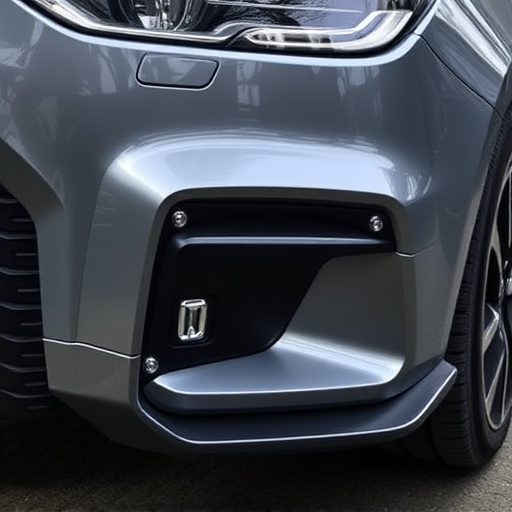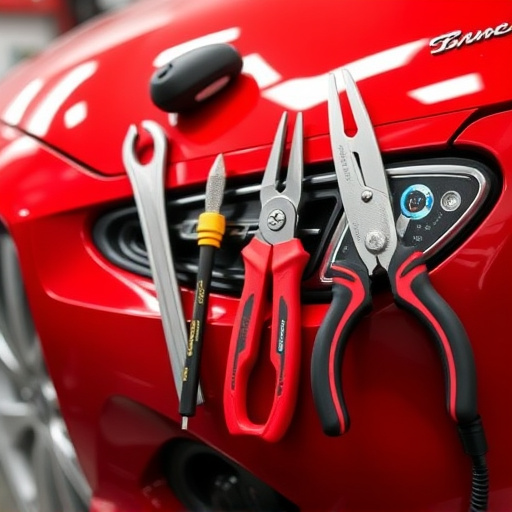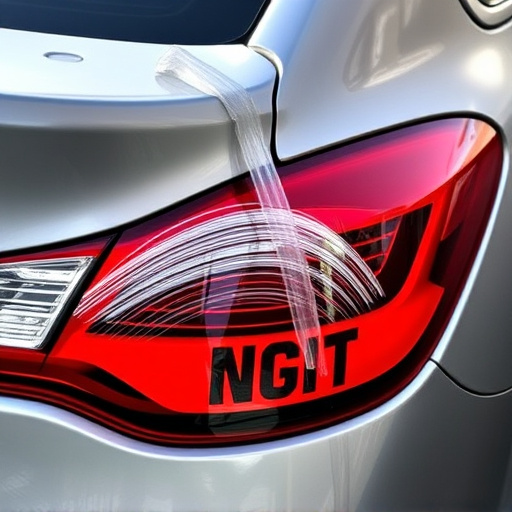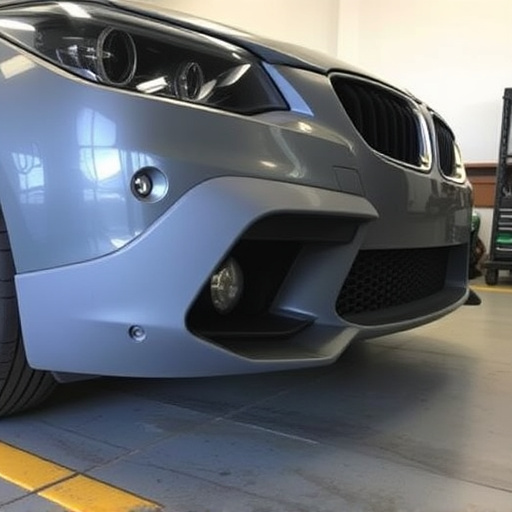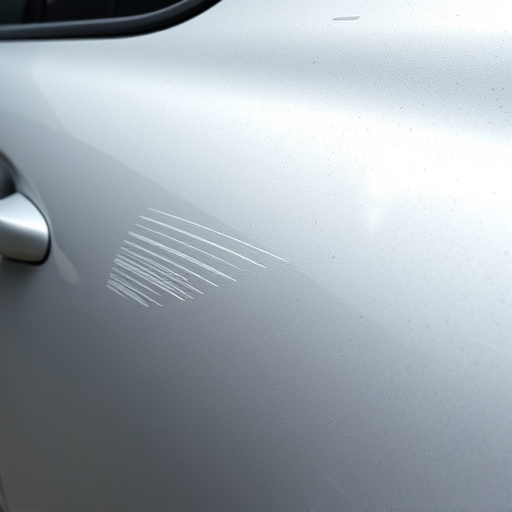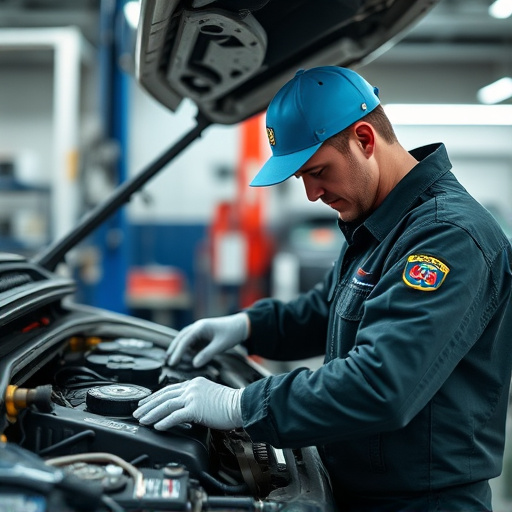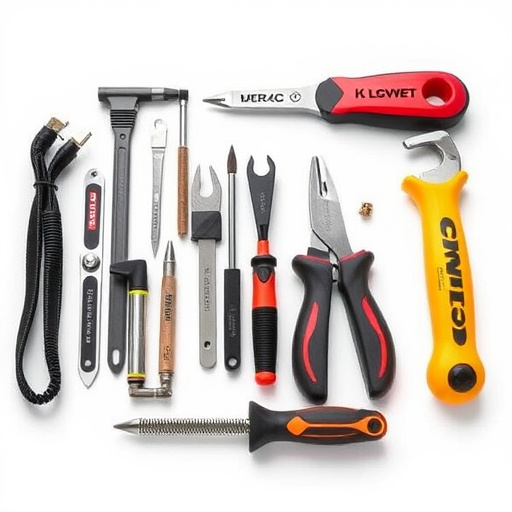Quality Control (QC) in collision repair is essential for delivering exceptional customer service and flawless vehicle restorations. Rigorous inspections ensure each car meets pre-accident conditions, addressing paint accuracy and structural integrity. Efficient QC practices streamline operations, minimize errors, and enhance client experiences by providing swift and precise repairs, particularly crucial for luxury cars. Through standardized procedures, staff training, and advanced technology, collision repair centers can achieve consistent excellence in auto body repairs, fostering customer trust and satisfaction.
In the competitive landscape of collision repair, exceptional customer service is paramount. Quality control (QC) plays a pivotal role in ensuring every interaction leaves a lasting positive impression. This article explores the intricate relationship between QC and collision repair customer service. We delve into strategies that enhance satisfaction, highlighting best practices for seamless service delivery. Understanding QC in collision repair isn’t just about maintaining standards; it’s about fostering trust and loyalty among customers.
- Understanding Quality Control in Collision Repair
- Enhancing Customer Satisfaction Through QC Measures
- Best Practices for Effective Collision Repair Service Delivery
Understanding Quality Control in Collision Repair
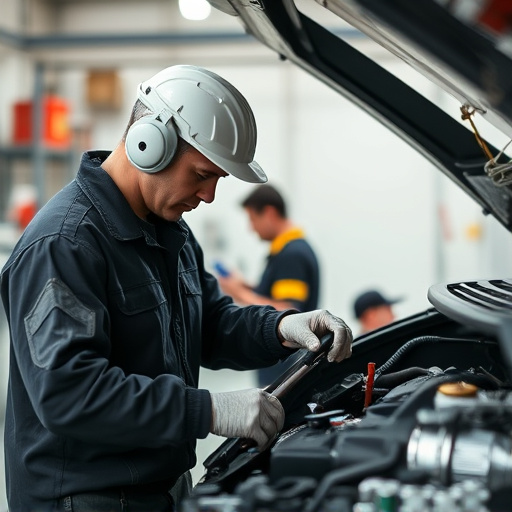
Quality Control (QC) in collision repair is a meticulous process designed to ensure exceptional customer service and flawless vehicle restoration. It involves rigorous inspections and testing at every stage of the repair process, from assessing initial damage to final quality checks. By implementing robust QC measures, collision repair shops can guarantee that each car is returned to its pre-accident condition or even surpasses it, meeting high standards set by both industry regulations and customer expectations.
In the context of collision repair customer service, QC acts as a bridge between the shop’s technical expertise and client satisfaction. It ensures that every detail, from paint accuracy to structural integrity, is addressed, fostering trust and confidence in the restoration process. Moreover, efficient QC practices enable workshops to streamline their operations, minimize errors, and deliver classic car restorations or vehicle repairs with speed and precision, ultimately enhancing customer experiences.
Enhancing Customer Satisfaction Through QC Measures
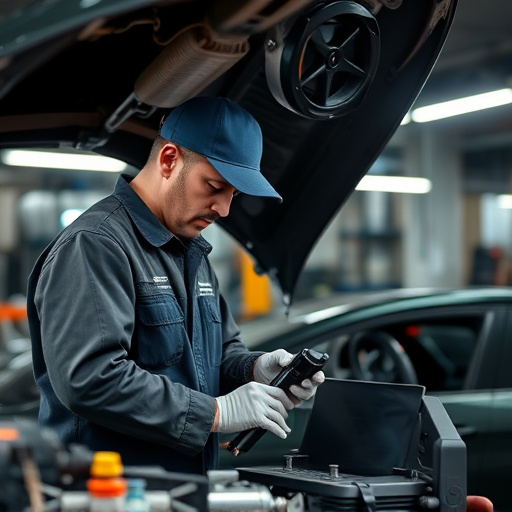
In the realm of collision repair customer service, Quality Control (QC) measures play a pivotal role in enhancing overall client satisfaction. By implementing rigorous QC protocols, auto repair shops can ensure that every aspect of the restoration process meets or exceeds expectations. This includes meticulous checks during each stage of the repair, from initial assessment to final inspection. Such thoroughness not only guarantees high-quality outcomes but also fosters trust and confidence among customers, who value transparency and precision in their collision repair services.
Moreover, effective QC practices contribute to the preservation of the vehicle’s original aesthetic and performance, which is especially critical for luxury vehicle repairs. This attention to detail can make the difference between a satisfactory car dent repair and a truly outstanding one. By prioritizing quality at every turn, collision repair shops can stand out in a competitive market, ensuring that clients receive top-tier service and peace of mind, knowing their vehicles are in capable hands.
Best Practices for Effective Collision Repair Service Delivery
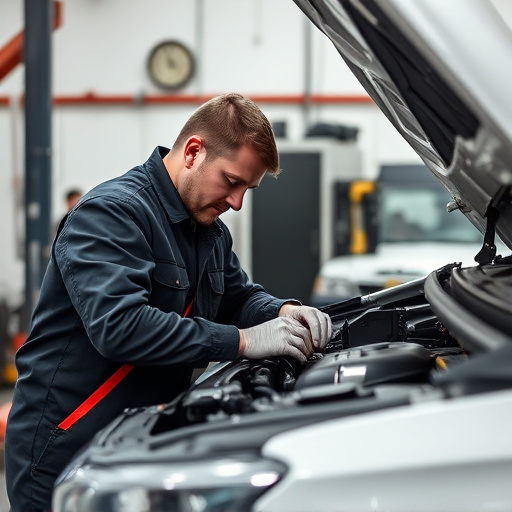
In the realm of collision repair customer service, delivering top-notch quality is paramount. Best practices involve a multifaceted approach starting with meticulous planning and ending with thorough testing. Prioritizing communication is key; keeping customers informed throughout the process builds trust and ensures satisfaction. Utilizing advanced technology for accurate measurements and efficient repairs streamlines operations, enhancing precision in auto body repairs. Trained professionals play a crucial role in interpreting complex repair requirements and implementing them flawlessly.
Standardized procedures, including regular staff training and quality control checks, ensure consistency in auto repair services. Incorporating feedback mechanisms allows continuous improvement in vehicle body repair techniques and customer experience. By fostering an environment of excellence, collision repair centers can elevate their standards, attract repeat business, and cement a positive reputation in the industry, thereby driving overall success in collision repair customer service.
Quality control (QC) plays an indispensable role in enhancing the overall collision repair customer service experience. By implementing robust QC measures, repair facilities can ensure that each vehicle undergoes meticulous inspection and repair processes, leading to higher customer satisfaction rates. Through standardized procedures, continuous training, and effective communication, collision repair shops can deliver consistent, high-quality results. This not only builds trust with clients but also fosters long-term relationships, solidifying the facility’s reputation as a reliable provider of top-tier collision repair customer service.
